The drummers of Britpop
We round up 10 of our fave '90s Britpop smashers

Nick Banks
As Pulp’s ‘Common People’ was recently voted everyone’s favourite Britpop track on BBC 6Music, Nick Banks went on record as thinking the tune was a “tuneless dirge”.
And, arguably, the track isn’t the band’s best – ‘Sorted For E’s & Whizz’, ‘Babies’, ‘Lipgloss’, ‘Do You Remember The First Time’, ‘Misshapes’, ‘Disco 2000’ are all up there in Pulp’s huge canon of zeitgeist defining tunes.
As a player, Banks proved himself versatile enough to follow Jarvis Cocker’s quirky songwriting, skilled enough to drive the hits and anchor the massive tunes with a suitably big sound.

Danny Goffey
The cheeky chappies of Britpop, Supergrass arrived in a madcap, Monkees-style video to the hit ‘Alright’, and began a very British assault on the charts. ‘Caught By The Fuzz’, ‘Mansize Rooster’, ‘Going Out’, ‘Richard III’, ‘Pumping On Your Stereo’ – this band owned the ’90s.
Danny’s beats behind those hits recalled the Small Faces’ Kenney Jones as he powered the power-trio with a combination of naïve charm and genuine swing.
“I do tend to do stupid things though,” Danny told Rhythm back in 1997, “like go out of time and stuff – but it does make things interesting, doesn’t it? And I do find that because I’m not a great drummer, I really have to get into a gig to really pull it off.”
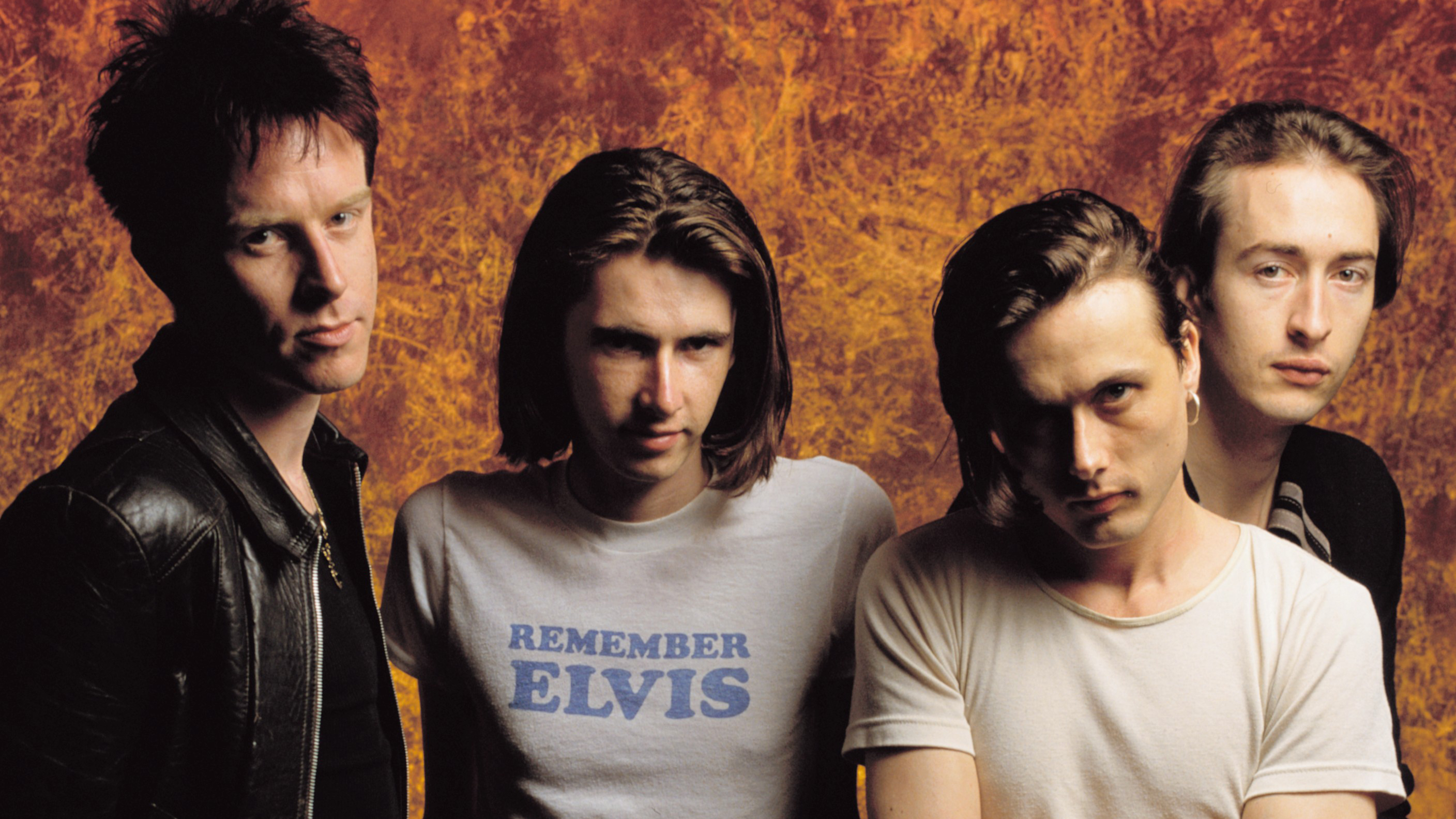
Simon Gilbert
With their obvious Smiths comparisons – Morrissey-esque, sexually ambivalent lead singer Brett Anderson; Marr-like guitar virtuoso Bernard Butler – and huge tunes, Suede arguably began the big Britpop boom with their 1992 self-titled album, reminding the world at a time of Seattle dominance that the Brits could do great music too.
Follow-up Dog Man Star, and in 1996 Coming Up, added glamorous indie rock’n’roll to the laddish cheeky chappy affectation that Britpop’s mainstay. Simon Gilbert was the man behind the drums, providing the juddering tom intro to ‘The Drowners’, momentus intro to ‘Animal Nitrate’, sleazy disco snare beat of ‘We Are The Pigs’ and too many others to name here.

Dave Rowntree
Blur’s Parklife was absolutely THE defining album of Britpop, and their generation’s answer to The Small Faces’ Ogden’s Nut Gone Flake.
It boasted the titular hit, with Quadrophenia’s Phil Daniels talking about how dirty pigeons ‘love a bit of it’, while Girls And Boys soundtracked everyone’s summer hols to Greece. Follow-up The Great Escape saw the band head-to-head with Oasis as the Britpop boom climaxed, and they were still rocking Cool Britannia with the 1997 album Blur.
Their recent triumphant reunion and Glasto gig proves the band’s legacy is in tact. And let’s not forget that behind all this were the solid grooves and quirky pop beats of Dave Rowntree, whose job it seems was to keep Damon Albarn’s experimentalism and Graham Coxon’s love of US hardcore bands somewhere in the region of great pop.
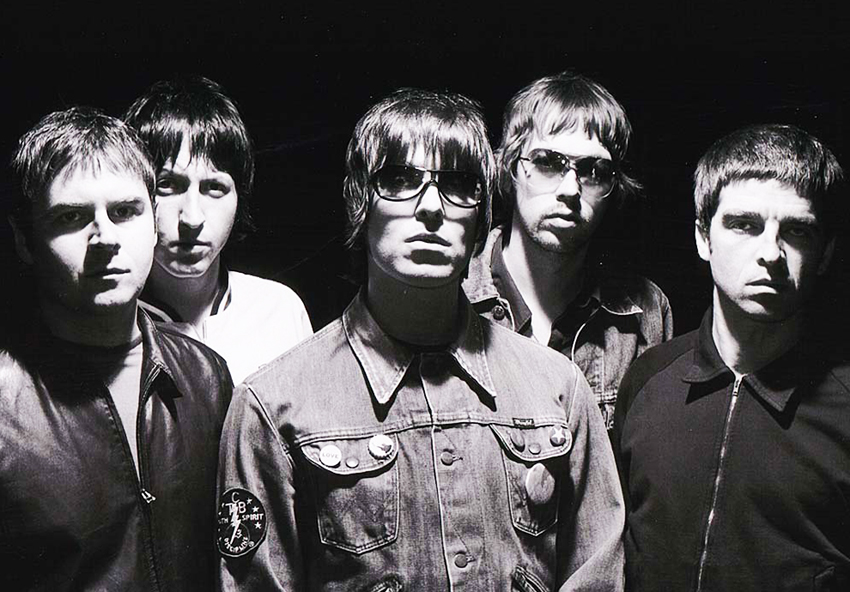
Alan White
Steve White’s brother Alan replaced Tony McCarroll as drummer for Manc superstars Oasis just in time for their second, era-defining album What’s The Story, Morning Glory.
According to Alan, Noel Gallagher phoned him at his mum’s… “He goes, “I’ve heard you’re a good little drummer. We’re sacking ours, do you want to me in my band?’ I said I did but that we ought to have a jam or something. He says, ‘No, I’ve heard you and you’re alright. As long as you’re not 18 stone and an ugly bastard, you get the job.’”
And so it was that Alan found himself laying down the skilful beats behind ‘Wonderwall’, ‘Don’t Look Back In Anger’, ‘Some Might Say’ and ‘Champagne Supernova’ – defining tracks all in the rich vein of Britpop gold.
We've also got to give it up for Tony McCarroll, who laid down great drum tracks on 'Supersonic', 'Whatever and more.
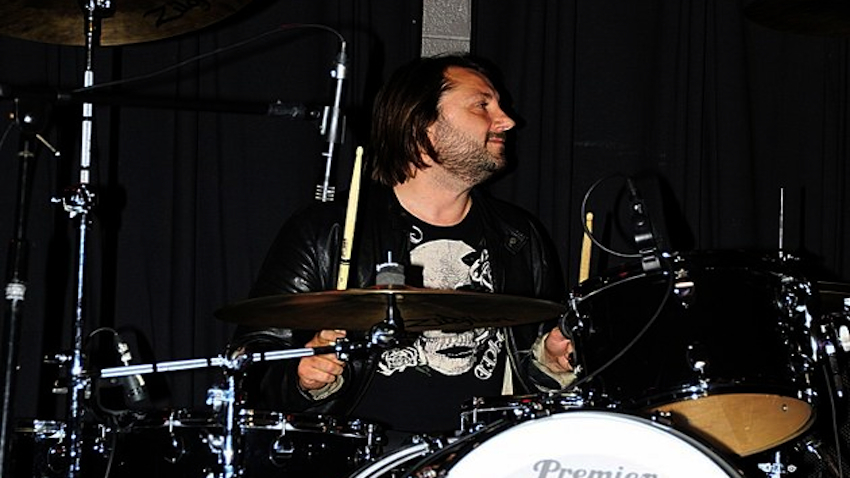
Jon Brookes
Emerging as a post-baggy band in the early ’90s, the Charlatans had that rare thing – a second chance at success. Their sound on mid-’90s albums The Charlatans (1995) and Tellin’ Stories (1997), featuring the hits ‘North Country Boy’ and ‘One To Another’, slotted perfectly into the Britpop landscape, and made the lads, with Jon Brookes on drummers, into stars all over again.
Jon Brookes, who sadly passed away last year, was the heartbeat of the band, providing timeless danceable beats behind the hits. “I’m really lucky to have a bit of talent,” he told Rhythm in 1997, “Not much, but enough to play in a decent band. I think I’m the luckiest man alive.”
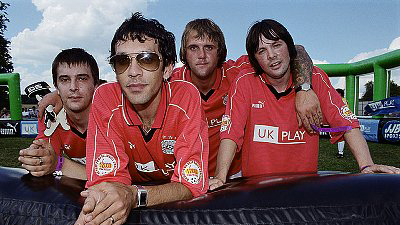
Alan Leach
With ’90s hits like ‘Going For Gold’, ‘Getting Better’ and ‘Chasing Rainbows’, York quintet Shed Seven rode the Britpop bus to the terminus. Providing the solid beats behind skinny frontman Rick Witter and the band’s post-Smiths indie sound was drum kit gymnast Alan Leach.
“I didn’t used to do it very often,” said Alan of his party-trick somersault over the bass drum. “Chris Evans pleaded with me to do it on the telly [on TFI Friday], now of course beore our gigs there are always kids going, ‘Will you please jump over your drums?’.

Steve White
The Modfather’s resurgence with some of the ’90s finest albums, Wild Wood and Stanley Road, couldn’t have come at a better time for Britpop’s assault on the charts.
He was like a creative patron of the scene, himself a hero of those young bands and an active contributor too – he played harmonica on What’s The Story, Noel played on Stanley Road, and he aided the resurgence of his guitarist Steve Cradock’s Ocean Colour Scene.
His drummer of choice from his days in the Style Council was the mighty Steve White, whose playing on the likes of ‘Changingman’, ‘You Do Something To Me’ and ‘Out Of The Sinking’ set the benchmark for Britpop drumming.
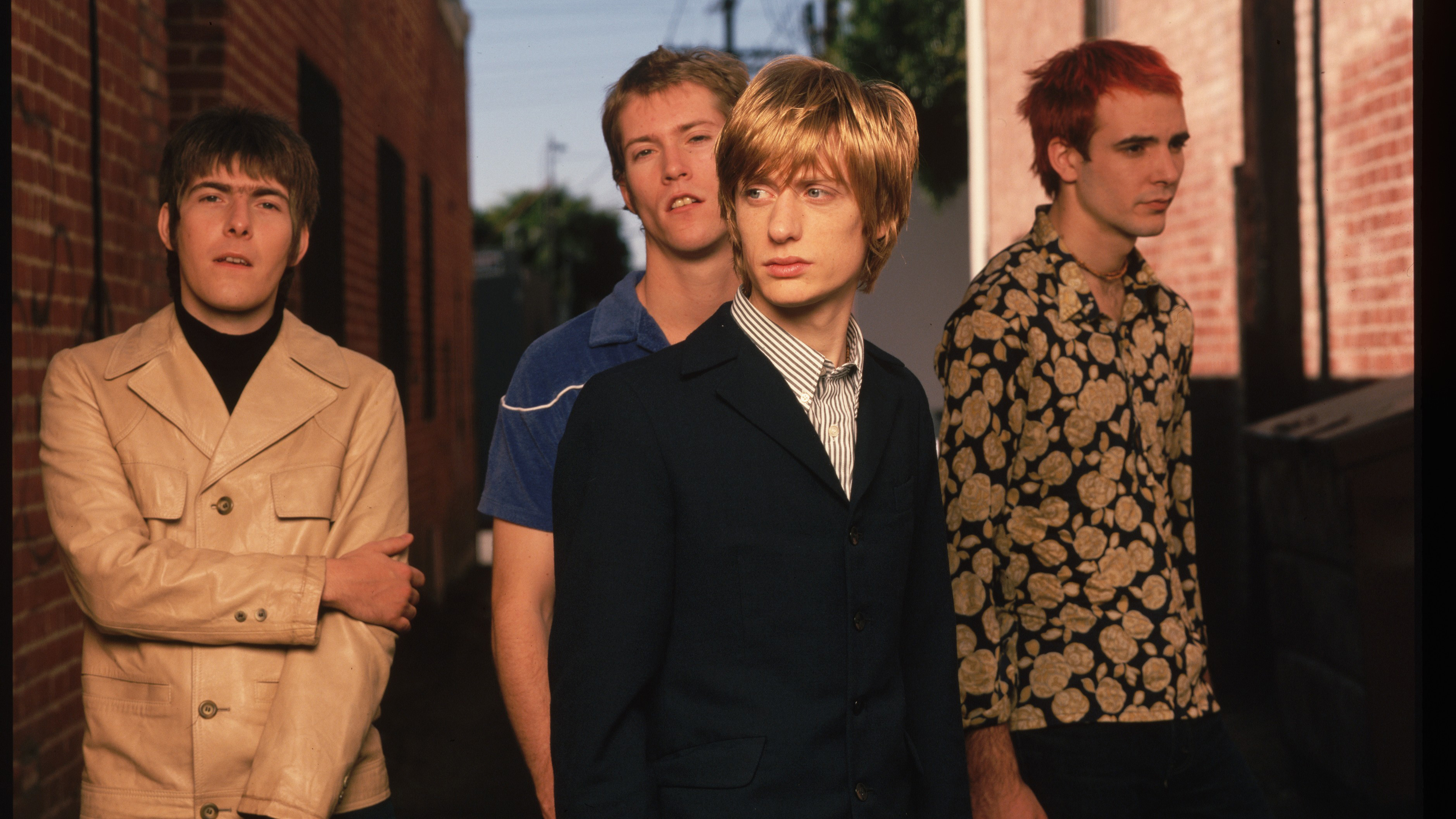
Paul Winter-Hart
A band that went out of favour as quickly as they were in it, Kula Shaker were nonetheless one of the core Britpop bands, providing a little ’60s psychedelia to the earthy tones of their contemporaries.
‘Tattva’ and their cover of Deep Purple’s ‘Rush’ were pretty groovy affairs, thanks in no small part to the drumming of Paul Winter-Hart. His dad being a jazz drummer, Paul certainly entered the business with a solid set of influences, citing Jobi Baker, Jeff Porcaro and Ritchie Hayward as key. Paul told Rhythm in 1997: “We’re not great individual musicians but together we make a good sound. It’s like being a quarter of a person each, really, and together we’re this six-foot giant who is Kula Shaker.” Surely it’s past time for a Kula Shaker reunion… Anyone? No? Just us then…
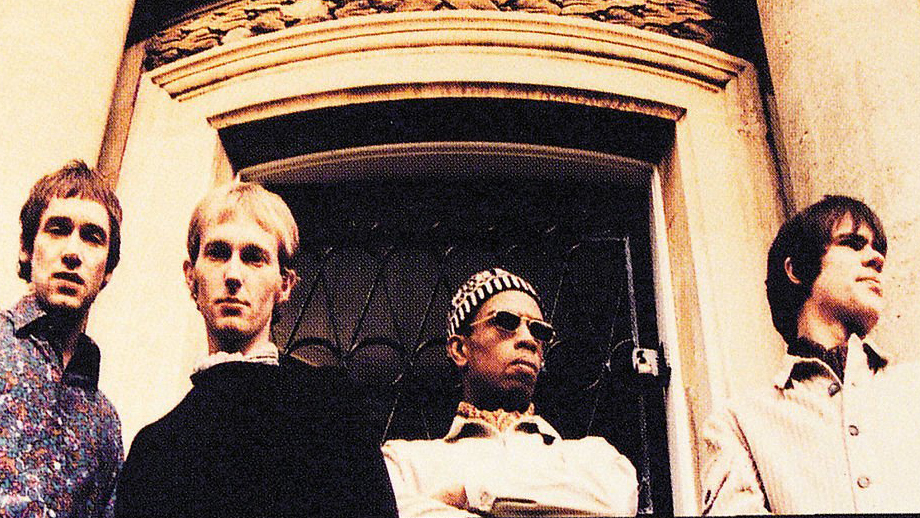
Oscar Harrison
A band whose greatest album was one of the essential Britpop soundtracks, Birmingham’s OCS hit the big time with cracking singles like ‘The Day We Caught The Train’, ‘Riverboat Song’ and ‘The Circle’.
Beloved of Chris Evans’ zeitgeist TV show TFI Friday, and well-connected thanks to guitarist Steve Cradock’s time as the Modfather’s six-stringer. Behind the kit, and in keeping with the theme of their Moseley Shoals album – somewhere between Northern Soul, Muscle Shoals and the prevailing ’60s British pop revival – Oscar Harrison was delivering the beats with soulful groove and impeccable feel.